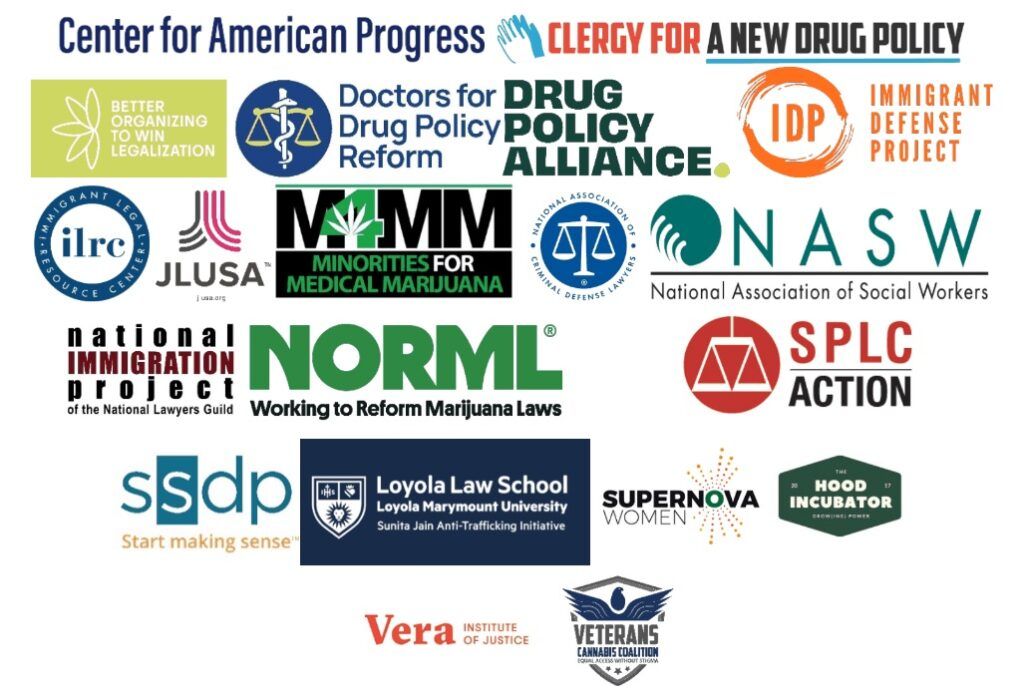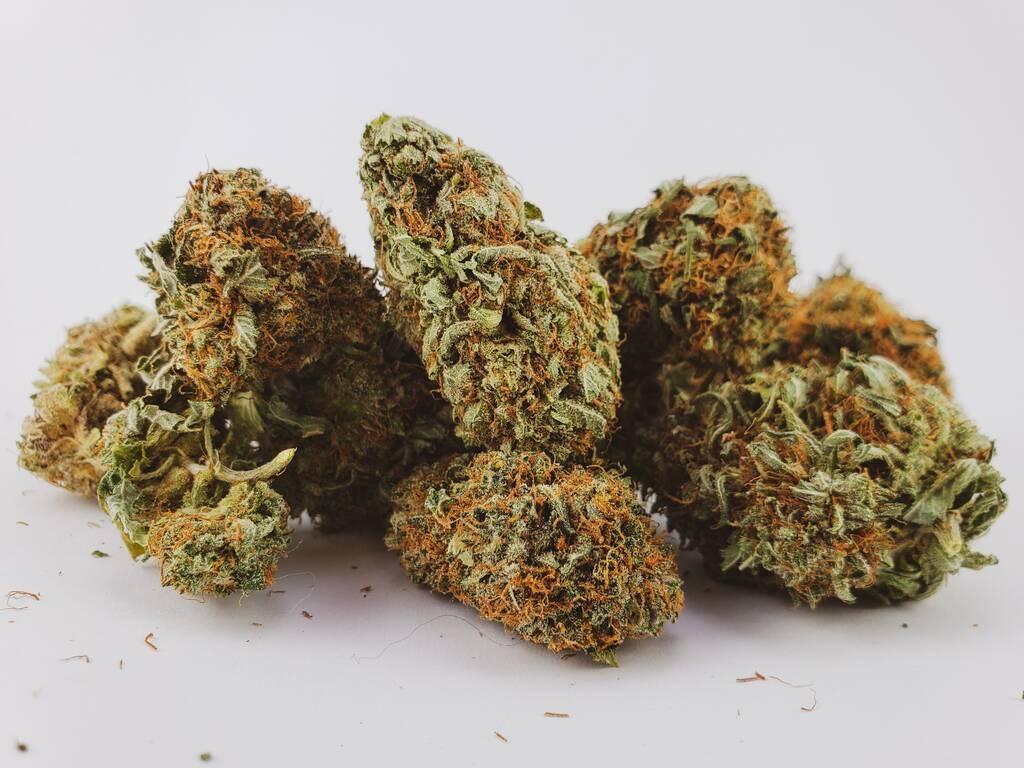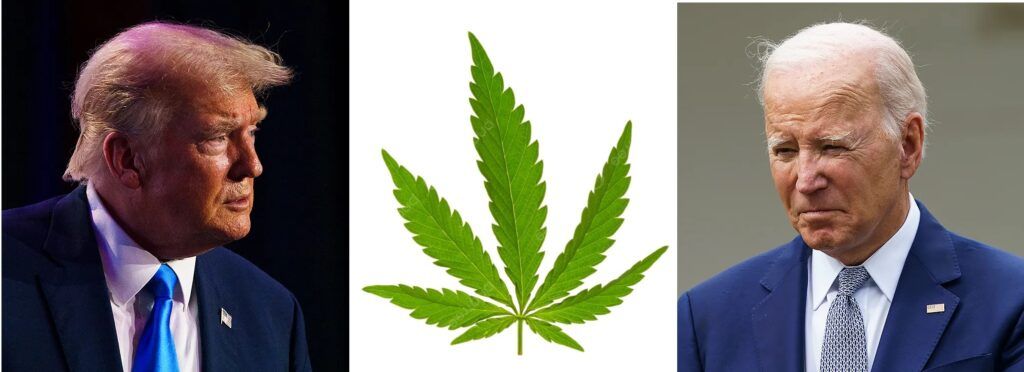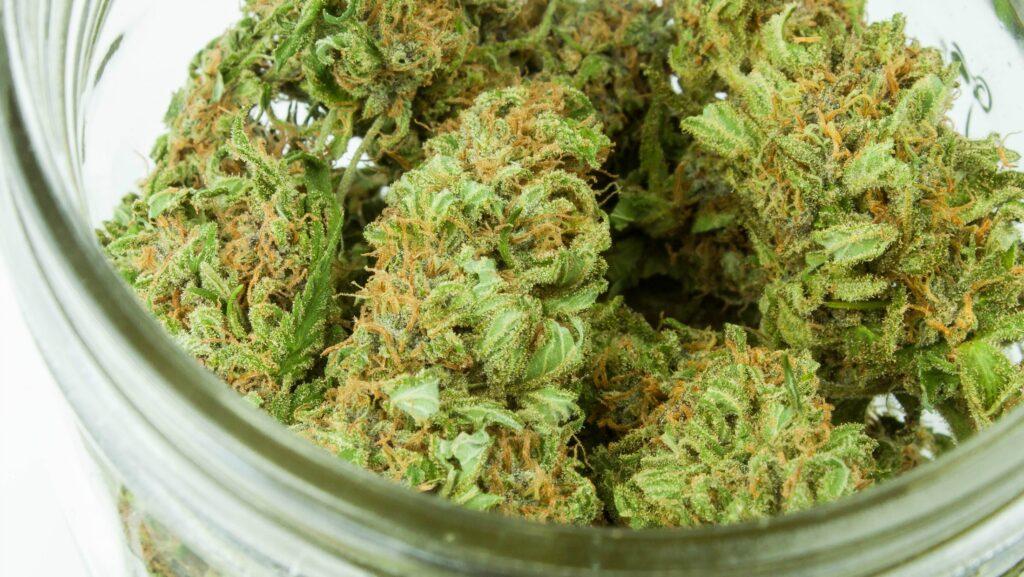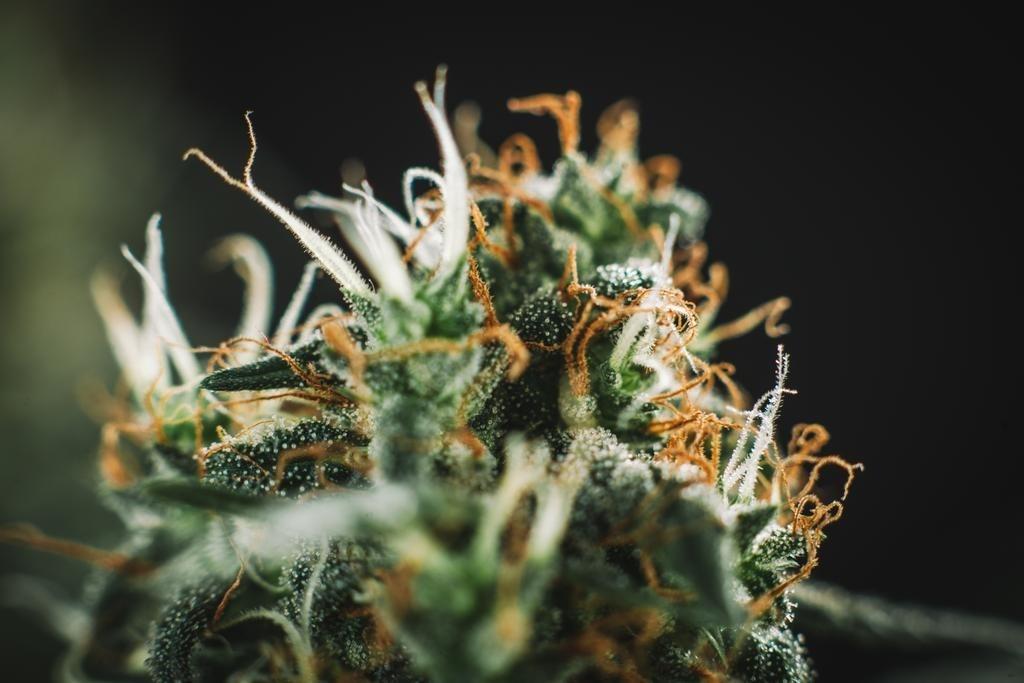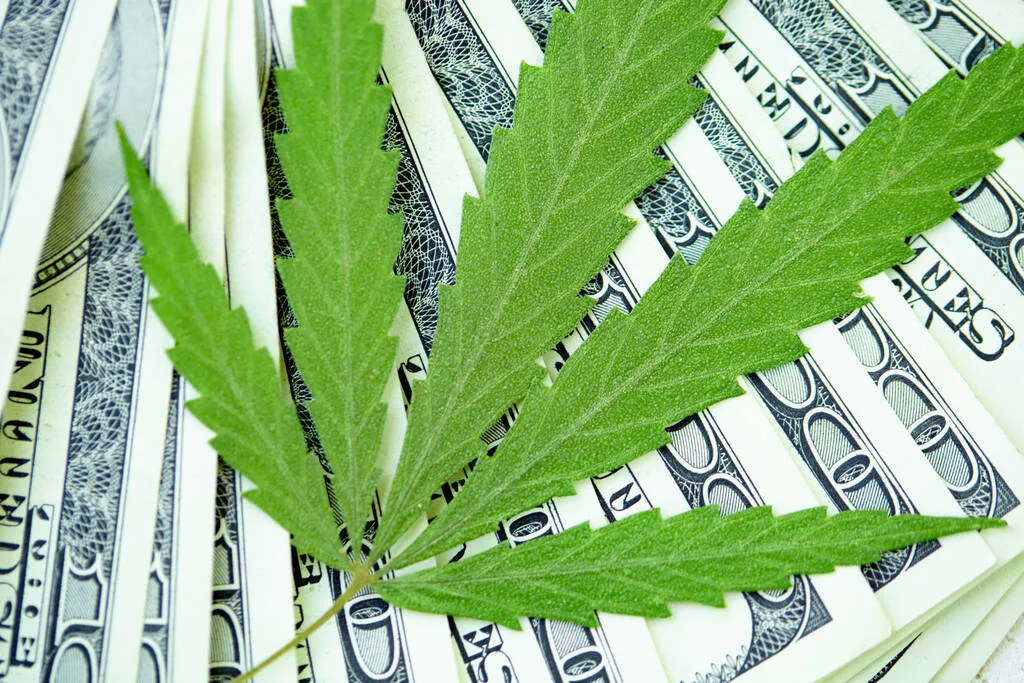A resolution in the United States Senate calling for the immediate release of several Americans imprisoned in Russia, including one sentenced to 14 years for possessing medical marijuana, has gained its 22nd sponsor, representing nearly a fourth of the entire chamber.

Senator Alex Padilla has signed on as a cosponsor to Senate Resolution 629, days after it was introduced in the Senate by a coalition of 21 senators led by Senate Majority Whip Dick Durbin (D-IL) and Senators Tim Kaine (D-VA) and John Fetterman (D-PA).
The resolution formally condemns the Russian government for their arrests of several American citizens and calling for their immediate and unconditioned release. One of those currently jailed in Russia is Marc Fogel, a school teacher who has been sentenced to 14 years simple for possessing a small amount of marijuana that was recommended by his physician.
Continue reading

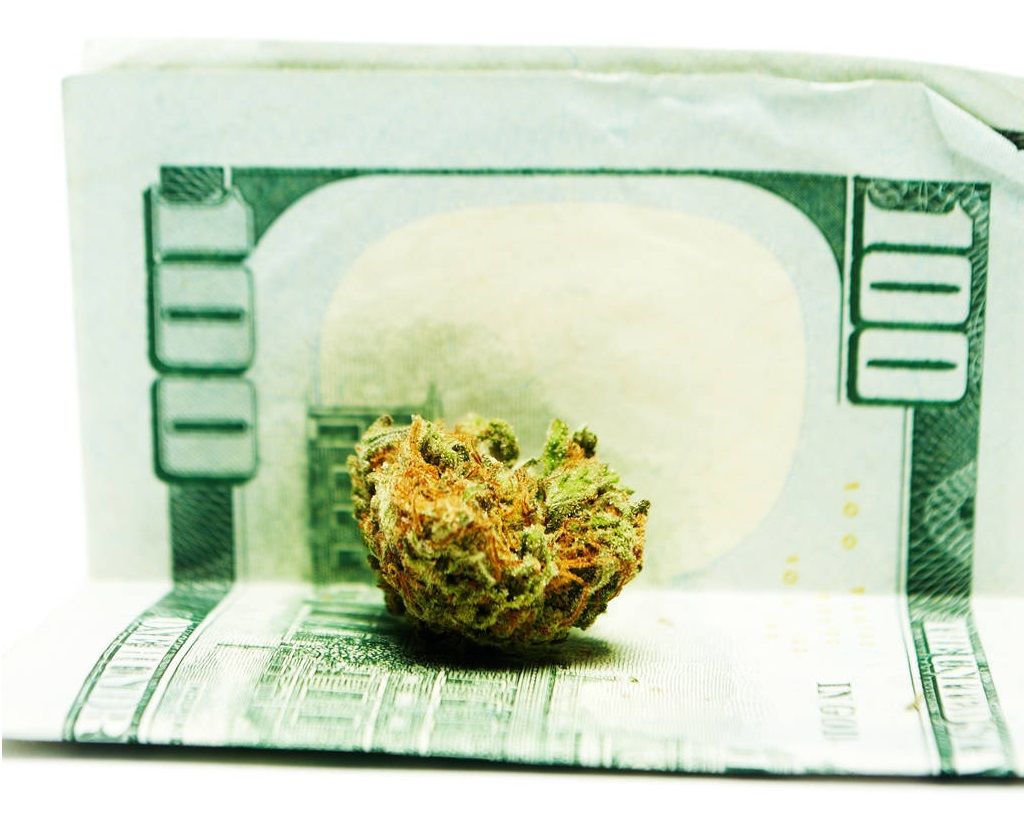 According to data compiled and released by the
According to data compiled and released by the 